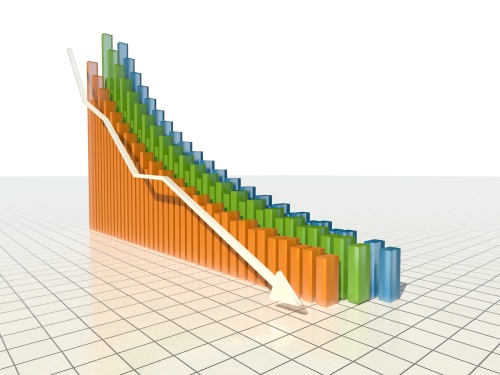Retail commercial properties tend to suffer more than most during a recession, largely due to a lowering of household disposable income putting many consumers off hitting the shops. In the current climate, retail commercial properties specialising in luxury items such as electronics are struggling to remain afloat, as proven by the Dixons Retail Group.

Dixons Retail owns both the Currys and PC World retail commercial property chains, and this week have posted underlying pre-tax profits of £70.8 million in the 2011-2012 financial year. Although this is ahead of analysts’ forecasts, it is still a drop of almost £15 million from the 2010-2011 financial year.
However, the Board of Directors for Dixons Retail pointed out that like for like sales had grown 5 per cent quarter on quarter, therefore leading them to believe that the 2012-2013 financial year in their commercial properties could prove to be highly profitable.
Additionally, the net debt for the group halved to £104 million, down from over £200 million a year previously. Therefore, the company expects to meet the £160 million repayment due in November, following a new agreement with lenders last month. This will no doubt come as a great relief to staff working in Currys and PC World commercial properties around the country following a spate of redundancies in similar, less profitable chains.
Dixons Retail’s biggest challenge may come in the form of commercial property supermarkets. Large chains such as Tesco, Asda and Sainsbury’s now stock a full range of electronics, including televisions, DAB digital radios and laptop computers, thus causing significant problems for specialist electronics retailers. On top of this, most commercial property supermarkets offer incentives for consumers to purchase electronic goods from their stores, such as point reward systems and reductions in price. This can often attract customers to electronics in commercial property supermarkets rather than visiting a specialist chain, as disposable income, or lack thereof, is a driving force behind the majority of luxury spends by consumers during a time of recession.
Managing director of retail research agency Conlumino, Neil Saunders, believes that the Dixons Retail Group is on the rise in terms of profitability now that their fortunes have begun to change.
He says; “Although the full-year numbers look soft, they hide a trend of improving fortunes.”
Currys and PC World commercial properties saw a UK based like for like sales fall of 4 per cent, but fortunately underlying profits rose by an incredible 15 per cent to £78.8 million. However, although commercial properties in the UK, Ireland and northern Europe continue to remain highly profitable, southern European stores failed to achieve sales targets – the Eurozone crisis undoubtedly playing a large part in the disappointing figures.
Mr Saunders added; “In the case of the UK at least, there is no doubt that some favourable drivers, including the digital switchover and new technology releases, have helped contribute to a stronger final-quarter performance.
“Nevertheless, given the ongoing economic weaknesses across Europe and the consequent lack of consumer confidence this is a robust performance as a whole and is testament to the strategic initiatives Dixons has been taking over the past couple of years.”
Do you think that, as the economy picks up, electronic retail commercial properties will once more prove to be success stories in the UK? Or do you believe that online retailing and better offers from commercial property supermarkets will see the end of stores such as PC World and Currys?
I love your fantastic web site. Just what I was searching for!
Best regards, Ron